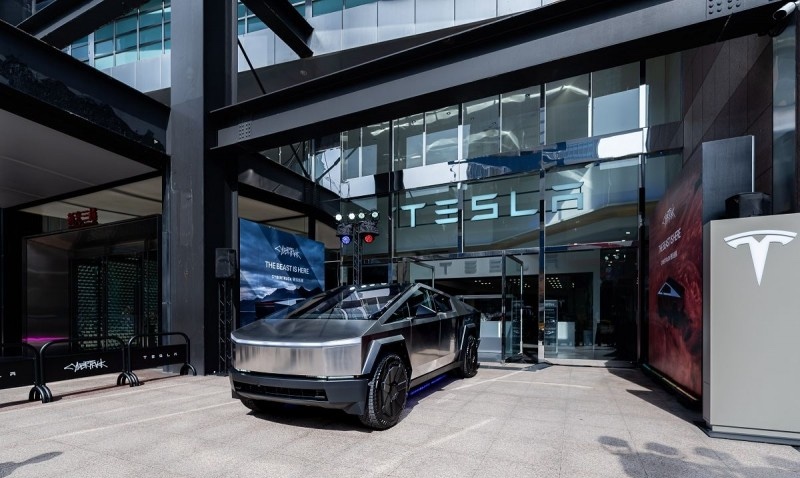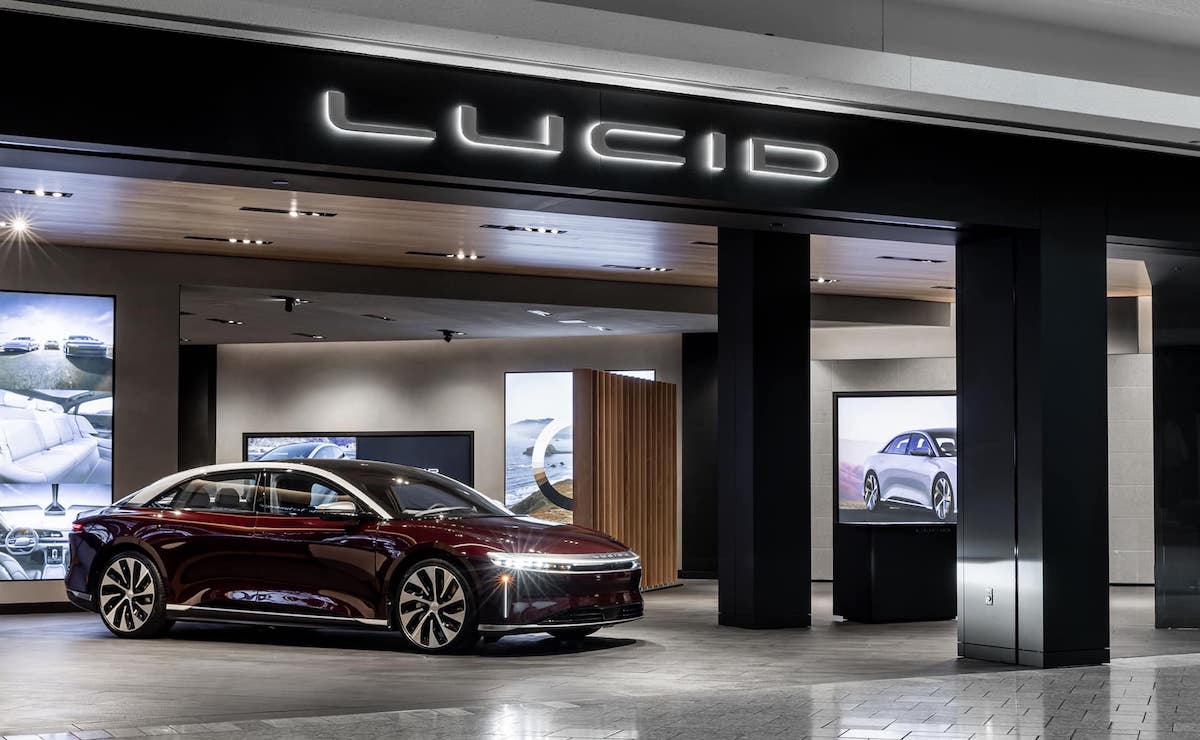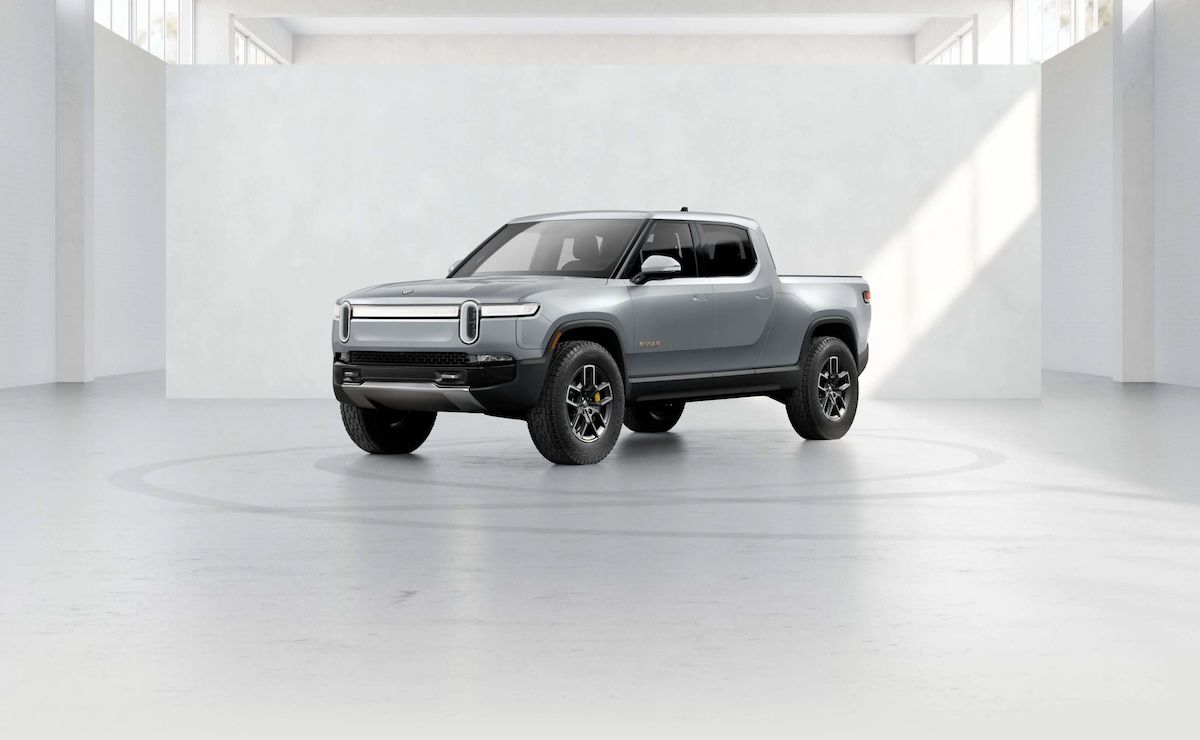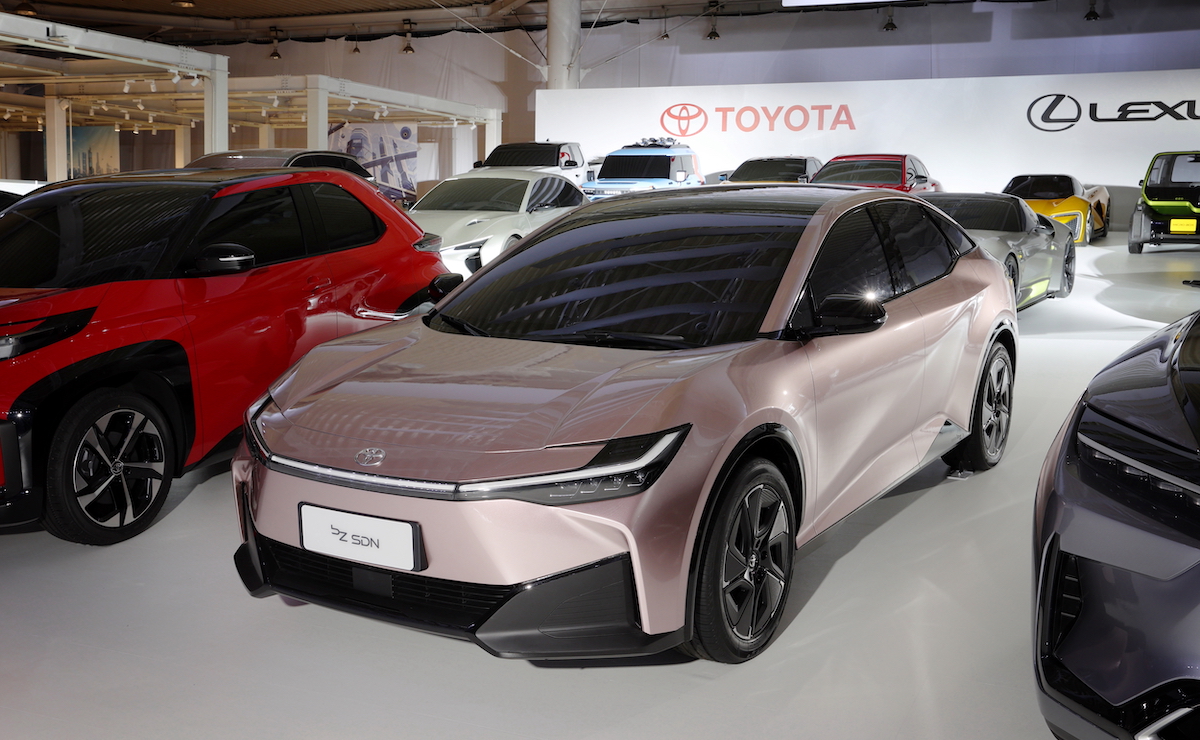Tesla remains the leader in both the EV and digitalization sectors, achieving the highest digitalization index score among 22 manufacturers at 76.9%. However, this marks a 4% decline from 2023, primarily due to shortcomings in connectivity. The company has yet to formally implement 5G connectivity or satellite communication features, and customer satisfaction with its app has been declining. Additionally, frequent changes in Tesla’s senior management team have affected its performance. Nevertheless, Tesla’s well-known OTA (over-the-air) software update system continues to drive strong profitability, reinforcing its position as a core competitive advantage.

Closely trailing Tesla are two Chinese EV startups—NIO and XPeng—both of which demonstrated impressive growth. NIO’s index increased by 2%, while XPeng surged by 13%. Meanwhile, Geely and BYD also saw significant increases of 10% and 18%, respectively, highlighting the rapid advancement of digitalization among Chinese brands. With the recent emergence of DeepSeek AI technology, the future development of these companies warrants close attention.

Among major American EV startups, Rivian and Lucid both remain in the top tier of the digitalization index rankings. Rivian, in particular, benefits from its advanced zonal electronics architecture, which enhances the efficiency of its R1T pickup and R1S SUV.

Turning to traditional automakers, the best-performing brand, Ford, only managed a digitalization index of 40%. Meanwhile, luxury brands BMW and Mercedes-Benz, despite years of investment in digital transformation, continue to struggle between 38% and 39%. The most concerning case is industry giant Toyota, which scored just 26.5%. Jaguar Land Rover, showing no improvement in the second edition of the report, remains at the bottom of the rankings.

According to the report, Toyota’s biggest obstacle in digital transformation lies in its corporate structure—its software division heads reportedly do not report directly to the CEO. This weakens Toyota’s commitment and investment in software, despite its strong manufacturing expertise. Jaguar Land Rover, on the other hand, faces multiple challenges, including a lack of technological awareness among leadership, failure to prioritize software development, inadequate compensation for software engineers, outdated vehicle architecture, and the need for improvements in autonomous driving and electrification technologies. These issues reflect common difficulties faced by traditional automakers in the digital era.

Understanding the challenges traditional automakers face in digitalization highlights key differences from EV startups. One major distinction is that many executives in startups come from technology backgrounds, giving them a stronger emphasis on software efficiency and prioritization, as well as a higher valuation of top software talent. To remain competitive in the future of automotive digitalization, traditional automakers must adopt a software-first strategy, integrating technology more deeply into the automotive industry.